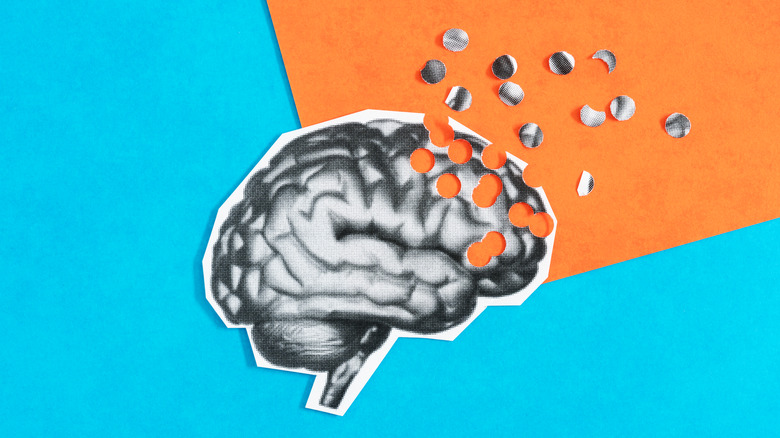These Drugs Can Reverse Alzheimer's Brain Damage In Mice, According To Scientists
There are more than 7 million people currently living with the devastating disease known as Alzheimer's. Alzheimer's causes changes to the brain that result in memory loss, moodiness, trouble learning, and can progress to difficulty speaking, swallowing, and walking. Ultimately, people can lose the ability to respond to their environment at all. Deaths from the disease rose by a staggering 142% between the years 2000 and 2022, according to the Alzheimer's Association.
Alzheimer's disease is not only horrible for the affected person, but also for the family and friends around them. There is no current cure, only treatments to slow down the progression and attempt to lessen the symptoms. When diagnosed with Alzheimer's, it can feel like a hopeless death sentence.
However, ongoing research at the University of California, San Francisco (UCSF) and Gladstone Institutes has identified two promising drugs. Letrozole and Irinotecan are currently used in cancer treatment. In animal trials with mice, these drugs have shown promise in reversing some of the brain damage of Alzheimer's, so it's possible the drugs could be repurposed for a potential cure, but there is still a long way to go.
The discovery of these drugs in reversing Alzheimer's brain damage
This discovery came about as researchers analyzed data comparing people who had taken these drugs for cancer treatment and noticed that their gene expressions showed less of a risk of developing Alzheimer's. They were specifically seeking drugs that reversed the gene expression changes in the brain that Alzheimer's causes. The drugs were then utilized together to target parts of the brain affected by the disease.
Marina Sirota is a computational biologist at UCSF. She told ScienceAlert, "Alzheimer's disease comes with complex changes to the brain, which has made it tough to study and treat, but our computational tools opened up the possibility of tackling the complexity directly. We're excited that our computational approach led us to a potential combination therapy for Alzheimer's based on existing FDA-approved medications."
These two drugs were tested in mice with Alzheimer's. The drugs reversed some of the brain damage, resulting in improvements in learning and memory. The findings excited the researchers, with Sirota saying, "We're hopeful this can be swiftly translated into a real solution for millions of patients with Alzheimer's."
The challenges for the future with these drugs
While the drugs are promising in mice, that does not mean that they will work with humans. Discussions in the medical scientific community point out that animal and human biology are different, and animal testing is not always a reliable predictor of outcomes in humans.
One of the drugs, letrozole, also carries side effects. It has a possibility of causing vaginal bleeding, hair loss, depression, and feeling sick. More serious but rarer side effects can include blood clots, mouth ulcers, and urinary tract infections.
Research into Alzheimer's disease is driven by a sense of passion and urgency to help the millions affected. New discoveries are always intriguing, like the AI that can tell if you might develop Alzheimer's. While the combination of letrozole and irinotecan is exciting, human clinical trials will be the true determination of whether this research can continue. For those living with Alzheimer's or caring for someone with the disease, hope is always needed.


